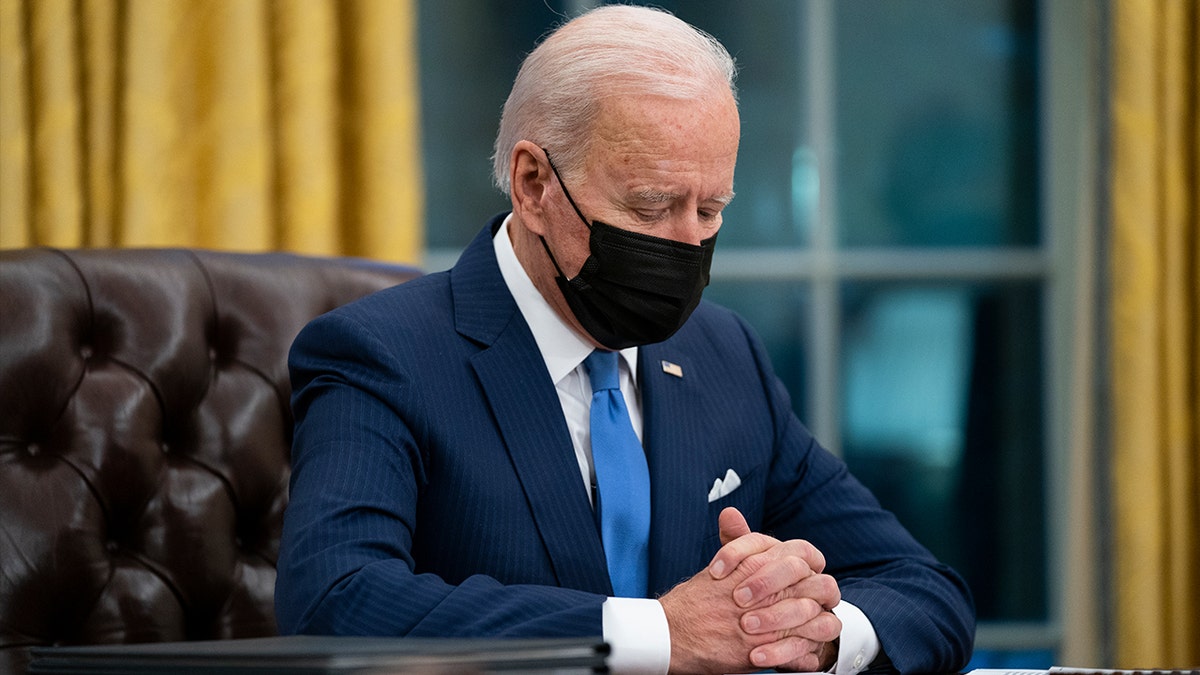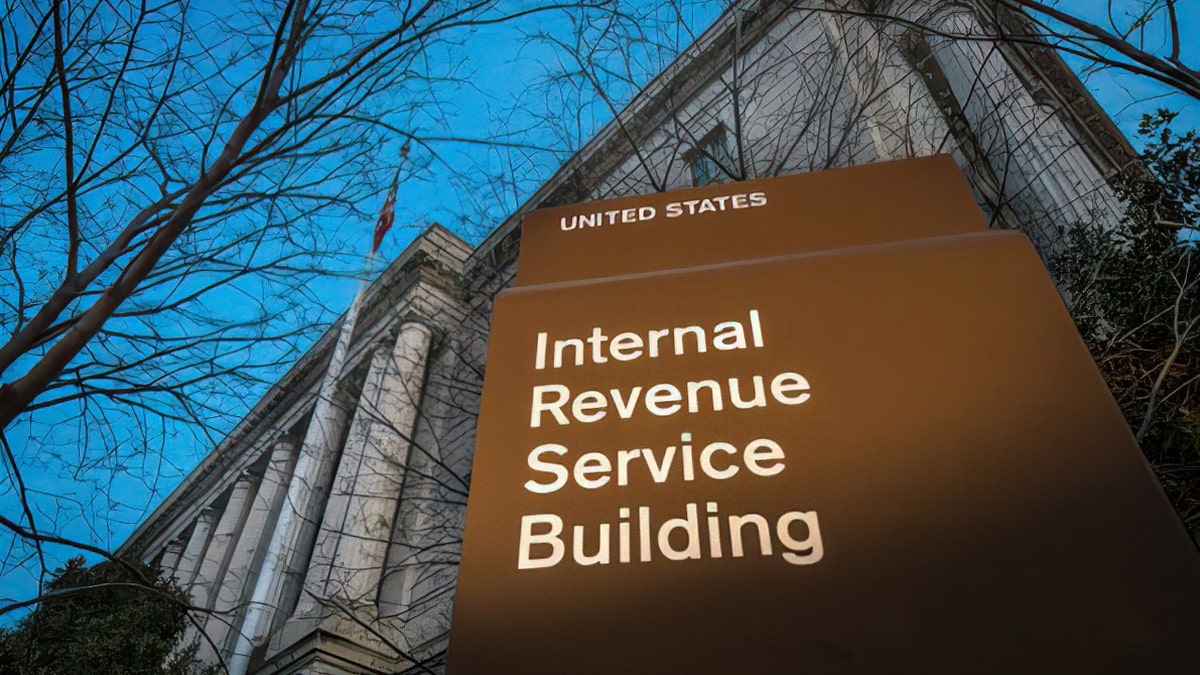Blue states look to tax wealthy on the way out
California, New York, Connecticut, Washington, Hawaii, Illinois and Maryland among the states to tax wealthy who flee.
The Internal Revenue Service (IRS) proposed a revenue procedure this week to crack down on the service industry's reporting of tips.
The Service Industry Tip Compliance Agreement (SITCA) program would be a voluntary tip reporting system in which the IRS and service industry companies cooperate, according to the announcement Monday. As part of the proposal, the IRS will give the public until early May to provide feedback on the program before implementing it.
"Those 87,000 new IRS agents that you were promised would only target the rich," tweeted Mike Palicz, federal affairs manager at Americans for Tax Reform. "They're coming after waitresses' tips now."
According to the IRS, the program would seek to "improve tip reporting compliance," reduce administrative burdens and provide more transparency and certainty to taxpayers.

President Joe Biden (AP Photo / Evan Vucci / File)
"This is not a proposal for the auditing of servers," an IRS official told Fox News Digital. "Yesterday’s action was a proposal for comment – not a rule – based on over a decade of feedback from restaurants and other businesses seeking the increased flexibility for their overall tax compliance on tips."
"This proposal is not in effect and is intended to welcome further conversation from all interested parties before any rule is put into place," the official added.
HOUSE VOTE TO DENY IRS HIRING 87K NEW AGENTS CAUSES INTERNET UPROAR: 'WHICH SIDE ARE YOU ON?'
Among the program's features, the agency lists "monitoring of employer compliance based on actual annual tip revenue and charge tip data from an employer's point-of-sale system, and allowance for adjustments in tipping practices from year to year."
It also states that participating employers would provide the IRS with annual reports, would receive protection from liability related to "rules that define tips as part of an employee's pay" and would have the flexibility to implant internal tip reporting procedures "in accordance with the section of the tax law that requires employees to report tips to their employers."

The headquarters building of the Internal Revenue Service in Washington, D.C., is pictured. (AP Photo/J. David Ake)
"There's no reason they'd be issuing guidance on how to crack down on this if it was only going to end up being voluntary," Palicz told Fox News Digital in an interview. "Ultimately, the goal is to go and grab as much revenue as possible and from whoever they can."
"All of this in the backdrop of — they told us they're not going to be coming after people earning $400,000 or less," he continued. "Well, here's a new IRS rule that's focused on bringing in tips from waitresses. That's what they're focused on doing, that's what they're putting new rules on."
REPUBLICANS SLAM DEMS' PLANS TO INCREASE TAXES AGAIN IN 2023: 'THE LEFT'S HOLY GRAIL IS TAX HIKES'
The rule proposal comes years after the Treasury Inspector General for Tax Administration (TIGTA) published a report that found the IRS often provided tip income audit protection to noncompliant employers and employees. An estimated 30% of employers with tip reporting agreements hadn't reported tips worth almost $1.7 billion, according to the report.
"One of the problems identified by TIGTA is that the IRS rarely revokes tip reporting agreements, resulting in continued tip income audit protection for noncompliant employers, and in some cases, their employees," the IRS said in a notice published Monday.
"TIGTA recommended that the IRS train its employees on specific criteria for revoking tip reporting agreements with noncompliant taxpayers."

A waitress collects a tip from a customer. (iStock)
Meanwhile, Democrats have been hammered for a provision in the Inflation Reduction Act that bolstered the IRS' budget by $80 billion, opening the door for the agency to hire tens of thousands of new agents. The Republican-majority House passed legislation in early January to rescind $70 billion of that funding.
CLICK HERE TO GET THE FOX NEWS APP
"The last thing the American people need right now are more audits from an out-of-control, bloated IRS," Rep. Adrian Smith, R-Neb., an author of the bill, told Fox News Digital at the time. "The Inflation Act funding for IRS would lead to the hiring of 87,000 new IRS employees tasked with raising enough revenue to pay for Democrats’ Green New Deal priorities."
And an analysis released by House Republicans last year of the tax provisions in the Inflation Reduction Act showed that Americans earning less than $75,000 per year would bear the brunt of 60% of additional tax audits authorized as a result of the bill's new funding for the IRS.
However, IRS Commissioner Charles Rettig responded to criticism of the bill in August, saying the agency would not use new resources to punish small businesses or middle-income Americans.
"The bottom line is this: These resources are absolutely not about increasing audit scrutiny on small business or middle-income Americans," Rettig wrote in a Yahoo Finance editorial. "The investment of these important resources is designed to support honest, compliant taxpayers."
"Our investment is designed around a Treasury directive that audit rates do not rise relative to recent years for households making under $400,000."














































